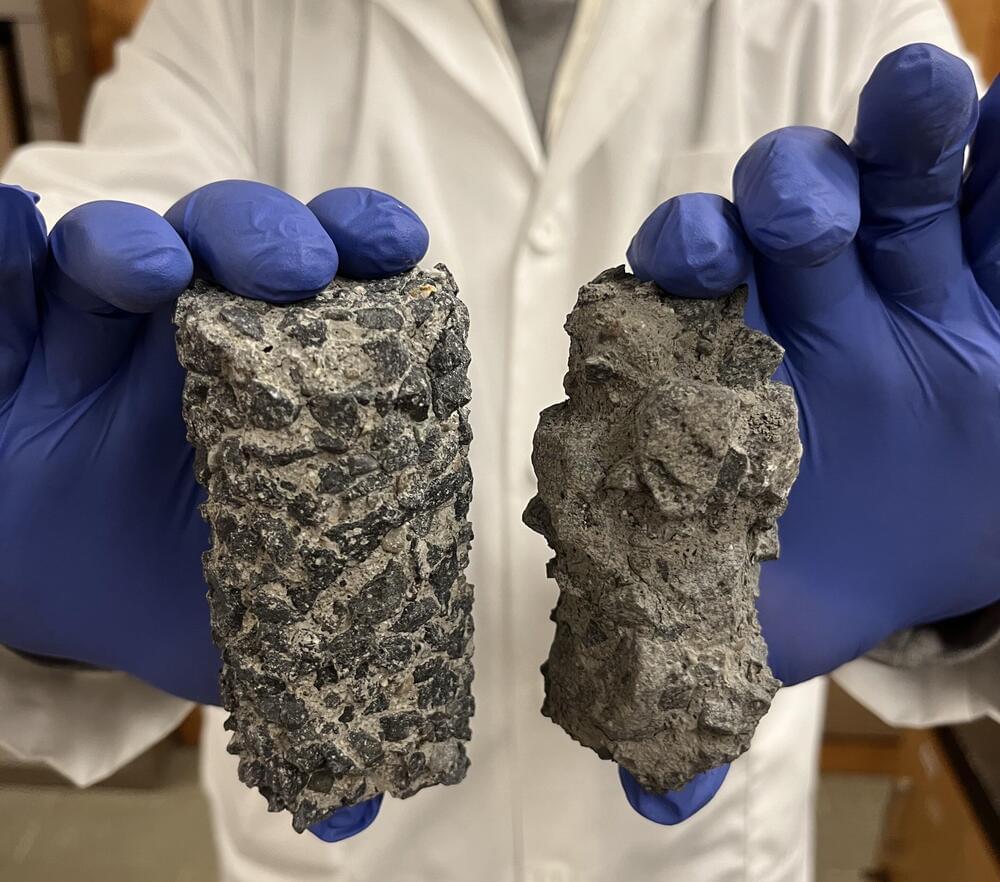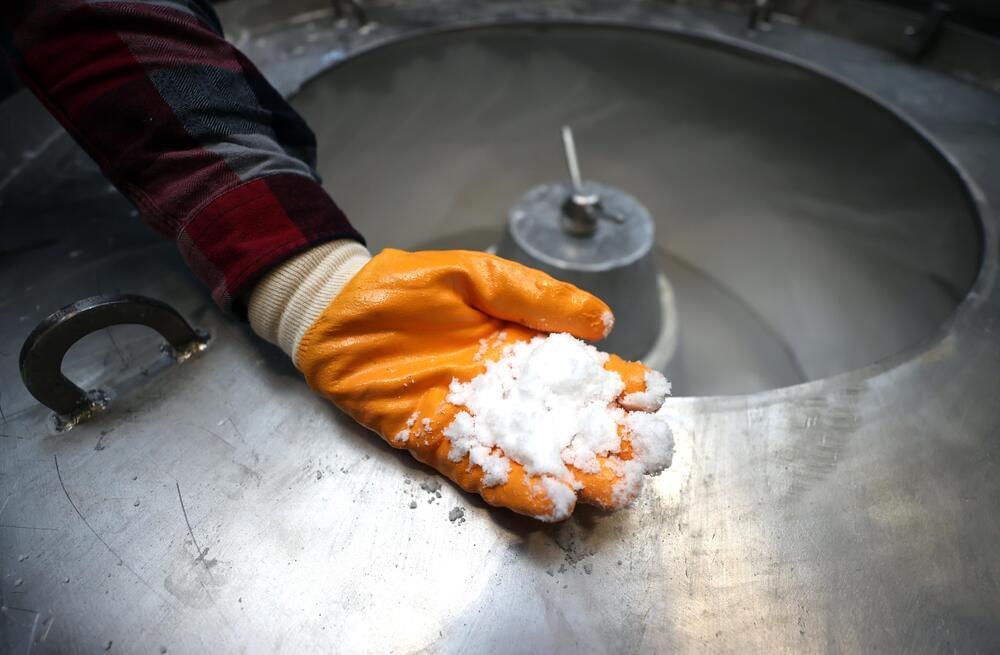Amid a maelstrom set off by a prominent AI researcher saying that some AI may already be achieving limited consciousness, one MIT AI researcher is saying the concept might not be so far-fetched.
Our story starts with Ilya Sutskever, head scientist at the Elon Musk cofounded research group OpenAI. On February 9, Sutskever tweeted that “it may be that today’s large neural networks are slightly conscious.”
In response, many others in the AI research space decried the OpenAI scientist’s claim, suggesting that it was harming machine learning’s reputation and amounted to little more than a “sales pitch” for OpenAI work.









